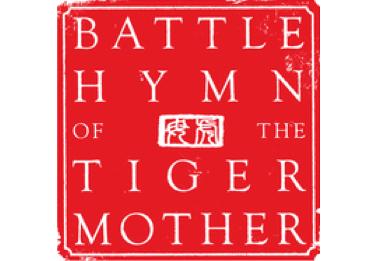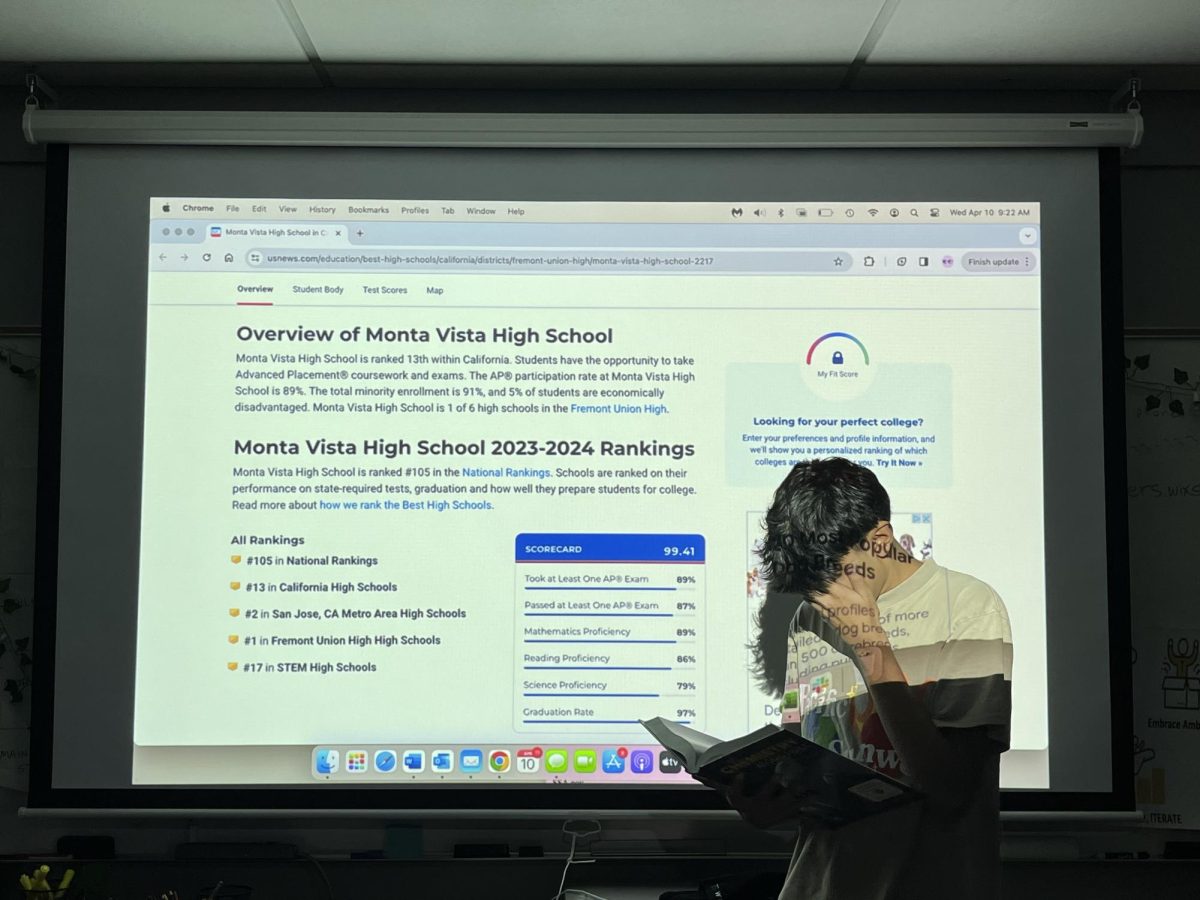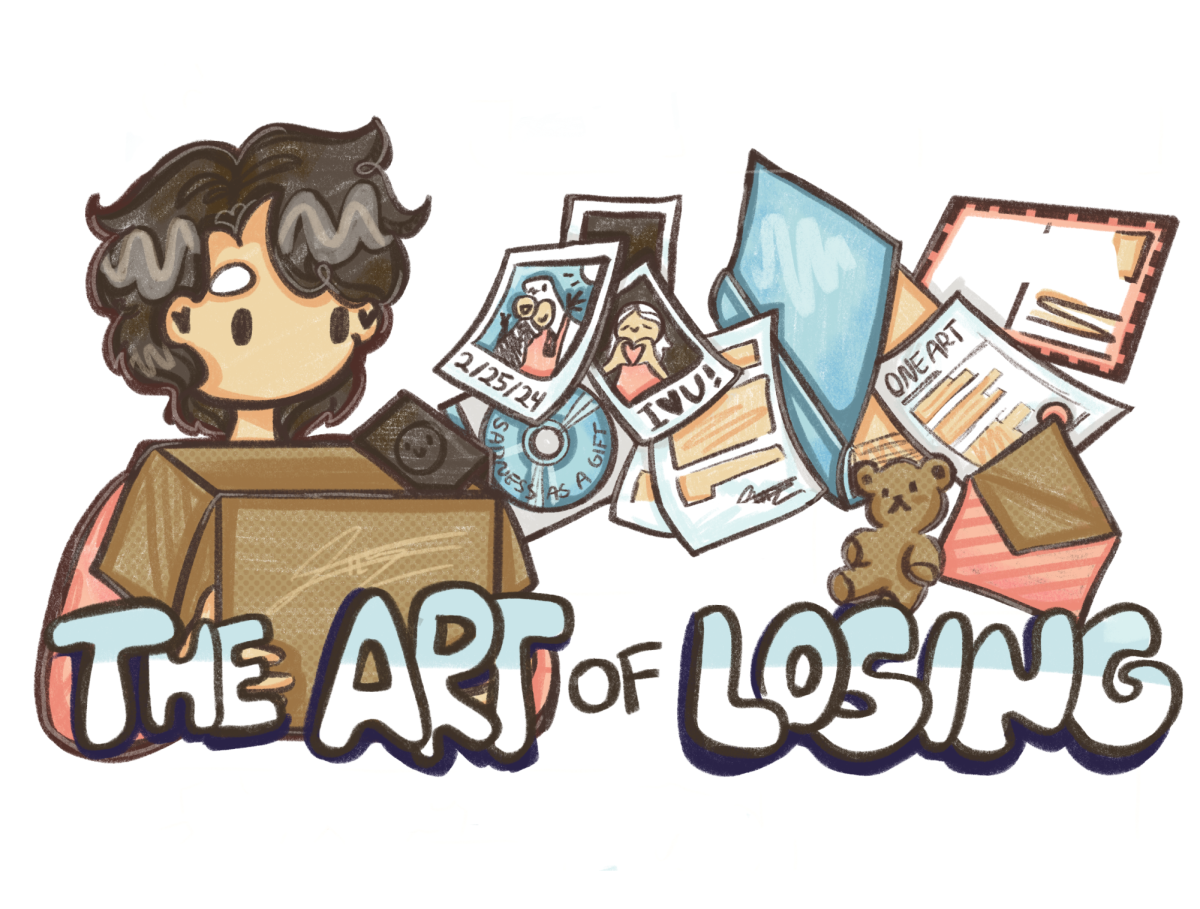 Controversial Wall Street Journal book excerpt has some merit, but is flawed
Controversial Wall Street Journal book excerpt has some merit, but is flawed
On January 8, the Wall Street Journal published an excerpt of Amy Chua’s Battle Hymn of the Tiger Mother which has sparked controversy at MVHS. Although the excerpt has been taken out of context from the book and raises some good points about parenting, such as believing in a child’s strength, one particular point about controlling a child’s life is flawed.
According to the excerpt, Chinese mothers are better parents because they stress academic success much more than Western mothers and are willing to spend 10 times as many hours doing academic activities with their children. Chinese mothers also believe that outstanding academic achievement reflects successful parenting.
Academics is crucial to the well-being of any child because it provides the necessary foundation on which future success can be built. However, nurturing academic ability in children does not merit the use of coercion because it deprives them of the ability to think for themselves.
 When “Chinese mothers” plan the lives of their kids, the children are prevented from fulfilling their personal goals. As a result, they are forced to live according to the parents’ hopes, wishes, and visions. This type of mindset not only hinders childhood development, but also contradicts the “Chinese” belief in a child’s strength, as opposed to a child’s fragility: the parent believes in the child’s strength to attain his or her goals but underestimates the child’s ability to live independently.
When “Chinese mothers” plan the lives of their kids, the children are prevented from fulfilling their personal goals. As a result, they are forced to live according to the parents’ hopes, wishes, and visions. This type of mindset not only hinders childhood development, but also contradicts the “Chinese” belief in a child’s strength, as opposed to a child’s fragility: the parent believes in the child’s strength to attain his or her goals but underestimates the child’s ability to live independently.
The rationale behind such coordinated coercion is questionable because parents should not strive to adhere to a formula when nurturing their children. Preventing children from choosing their own extracurricular activities or forcing them to play piano or violin does not contribute to a child’s unique personality. Instead, that child is simply another product of the parents’ formula for success. The lack of individuality promoted by these formulas is unsettling: suddenly, children are leaving their parents’ marks on the world, not their own.
On the other hand, Chua’s idea of Western parenting allows for more individuality and independence by allowing children to explore. However, it must be noted that there is no “correct” way of parenting because each parent and child is different. Both Chinese and Western parents deserve praise for raising ever smarter children, and each method of parenting has many success stories.
But parents, whether they are Chinese or Western, should not aim to restrict a child’s individuality simply because the parents know “better”. Of course, advice from a parent is always valuable and should always be considered, but just as there is no “correct” way of parenting, there is no “correct” formula for living.
Check out El Estoque On Point’s coverage of the issue: https://elestoque.org/news/multimedia/1356-el-estoque-on-point-the-chinese-stereotype.html
{cc-by-nc-nd}





















